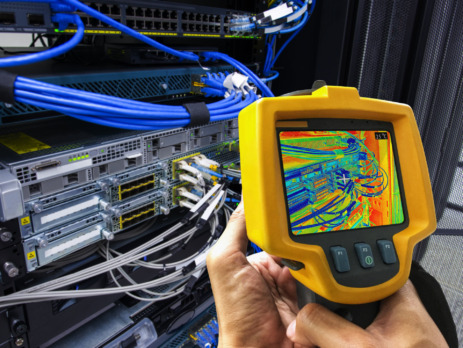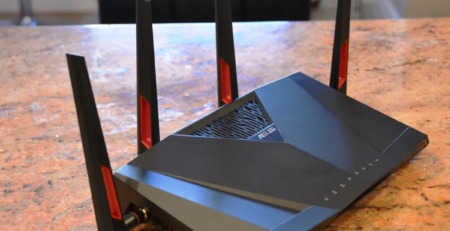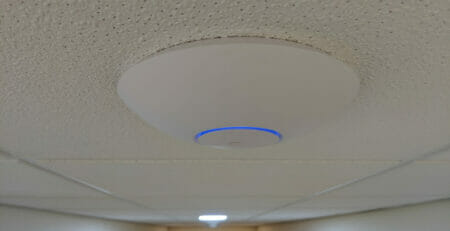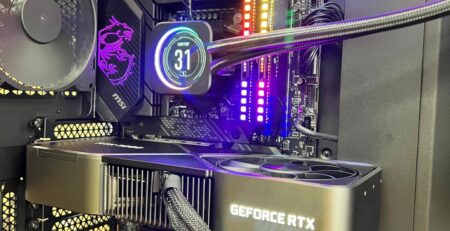As an IT expert, I have seen firsthand how heat can impact the lifespan of technology. The half-life rule is an essential concept to understand. It states that the lifespan of technology is cut in half for every 10°C increase in temperature past room temperature. In other words, a piece of technology with an expected lifespan of 10 years may fail within 5 years if left regularly running in a warm room.
Heat can cause a range of problems for technology, including component degradation, thermal stress, and performance limiting. These are conditions that can lead to device failure. According to a study by the National Renewable Energy Laboratory, high temperatures cause up to 50% of electronic failures.
To extend the life of IT hardware, it’s important to take steps to manage heat and prevent damage. Here are six ways to use temperature to extend the life of your devices:
- Keep it cool: This trick is essential with devices running in an enclosed room, such as a networking closet, but can be applied anywhere you use technology. Invest in a cooling system to keep your devices at a safe temperature. The use of air-conditioning or a fan are great examples. Computer components use the surrounding air to keep themselves cool and, as such, nearby air must be kept regulated.
- Clean it regularly: Dust and debris can accumulate in your devices and restrict airflow, leading to overheating. Regular cleaning can help prevent this.
- Manage power consumption: Some devices, such as servers, can generate a lot of heat when running at full capacity. Consider using power management tools to reduce energy consumption and heat output.
- Monitor your temperature: Even with acceptable measures to keep temperatures regulated, it’s a good idea to have an independent safeguard to verify that everything’s running correctly. The use of a properly configured sensor or alarm to alert you of changes in room temperature could notify you of an active issue or warn you of conditions that might make issues more likely to occur.
- Position devices carefully: Avoid placing devices in direct sunlight or near sources of heat, such as radiators or the exhaust of other IT devices.
- Use high-quality components: Using quality components can help reduce the risk of failure as a result of heat exposure. These components tend to be better designed to self-regulate or dissipate heat.
It’s also important to explore some non-temperature mistakes that can lead to IT hardware failure. Here are five common mistakes to avoid:
- Overloading circuits: Plugging too many devices into a single outlet can cause circuits to overload and potentially lead to instabilities in the power received by the device or excess heat in the connecting wires. This can lead to repeat component failures or even a fire.
- Ignoring warning signs: Pay attention to warning signs such as strange noises, odd smells, or abnormal temperatures. If a device is acting different that you would expect it to, there is likely an issue that could get worse if left unaddressed.
- Neglecting maintenance: Regular maintenance can help prevent issues from arising and extend the life of your IT hardware. A neglected device can take several times longer to complete the same task when compared to a similar but maintained system. This inefficiency allows for a greater likelihood of failure and a loss of productivity.
- Failing to backup data: A backup is critical in case of device failure, so it’s important to have a backup system in place. A known, tested, and reliable backup makes the difference between a recoverable failure and a preventable loss of data.
- Using outdated hardware: Using outdated hardware can lead to compatibility issues, security vulnerabilities, and reduced performance.
At Express Computer Service, we understand the importance of maintaining IT hardware to maximize its lifespan. We offer a range of services, including IT consulting, maintenance, support, repair, and troubleshooting. Our goal is to help keep your technology running smoothly. Our team of experienced professionals can provide expert advice and support for all your IT needs. Contact us today to learn more about how we can help extend the life of your IT hardware.












Leave a Reply